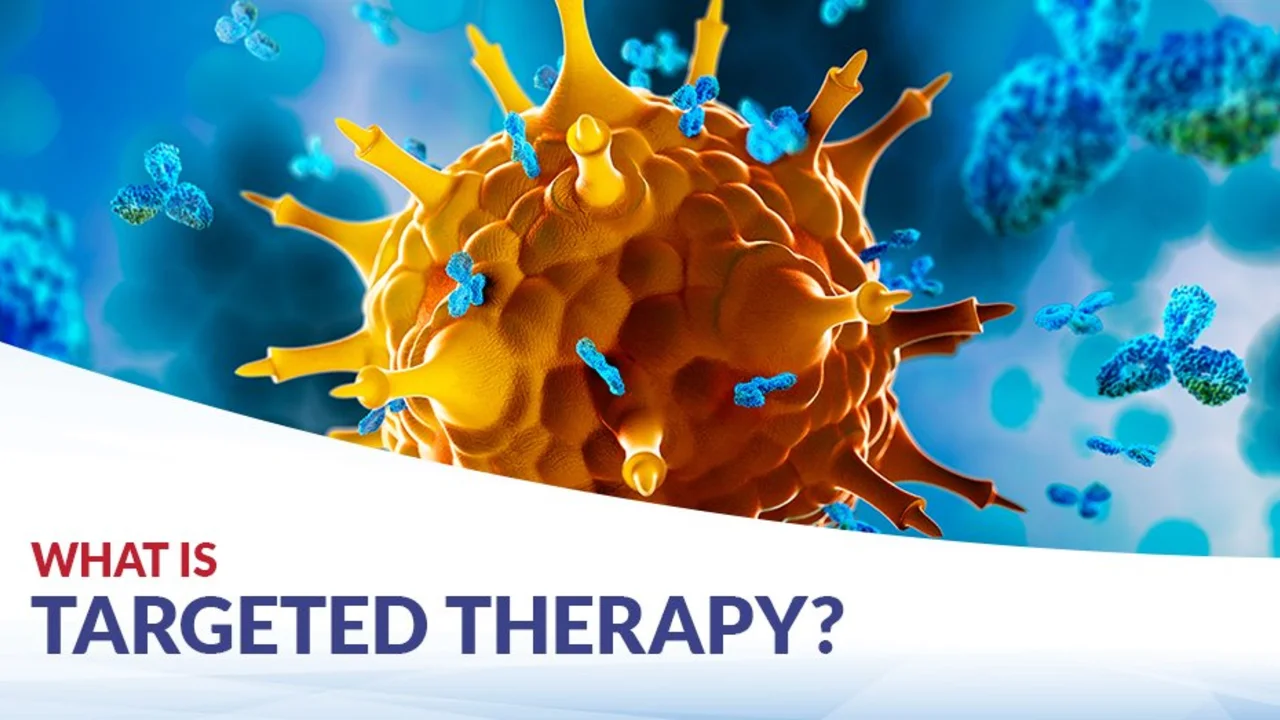Targeted Therapy: What It Is and What You Need to Know
Targeted therapy changed how we treat some diseases, especially certain cancers. Instead of attacking all fast-growing cells like chemo, these drugs zero in on specific molecules or pathways that fuel a tumor. That focus can mean better results and different side effects — so you need clear, practical info before starting one.
How targeted drugs work — plain and simple
Think of a tumor as a machine running on specific parts. Targeted drugs remove or block one of those parts. Examples you’ll see in our articles: ribociclib, a CDK4/6 inhibitor used for certain breast cancers, and other agents that block growth signals, specific receptors, or faulty enzymes. Your doctor usually orders tests (biomarkers) to confirm a target is present before starting treatment.
Targeted therapy doesn’t mean no side effects. Many patients have fatigue, nausea, or blood count changes. Some drugs need regular lab tests, liver checks, or ECGs. Ribociclib, for example, often requires blood monitoring and occasional heart rhythm checks. That monitoring helps catch problems early and keeps treatment on track.
Real, useful tips for patients
Ask two clear questions at your next visit: 1) What exact target are we treating? and 2) What tests and monitoring will I need? Keep a written schedule of blood tests and follow it — skipping labs can lead to delays or avoidable complications.
Watch for specific warning signs. Low white blood cells raise infection risk; dark urine or yellow skin can mean liver trouble; dizziness or fainting may point to heart issues. Report these quickly. Also keep a medication list — targeted drugs can interact with common prescriptions, over-the-counter meds, and even some herbal supplements.
If you’re buying meds or supplements online, be cautious. Use licensed pharmacies, check for a physical address and valid contact info, and avoid sites that don’t ask for a prescription when one is required. Our site has guides showing how to spot risky online sellers and safer alternatives.
Not every targeted drug is for cancer. Some newer agents aim at metabolic or immune pathways in heart disease and other conditions. Read each article for specifics — we break down how a drug works, who may benefit, common side effects, and monitoring needs.
Under this tag you’ll find practical pieces: drug deep-dives like the ribociclib article, safety checklists for buying meds online, guides on drug interactions, and alternatives when a medication isn’t a fit. Each post focuses on what you can do right now — questions to ask, signs to watch for, and how to stay safe.
Start with the ribociclib primer if cancer care is your concern, or read the online prescription safety checklist before ordering medication. Bookmark articles you find useful and bring specific questions to your provider — clear info plus good communication is the best way to get the benefits of targeted therapy while minimizing risk.
Dasatinib and the Future of Personalized Cancer Treatment
Hey there! I'm just diving into the fascinating world of personalized cancer treatment and I've got to tell you, it's really promising! With breakthroughs like Dasatinib, we're not just talking about generic treatments anymore; we're looking at tailored approaches that could change the game for individuals battling cancer. I'm excited to share how this powerful drug is leading the charge in targeted therapy. We're on the brink of a new era in oncology, and honestly, I can't wait to explore what this means for future cancer care.
Read More
